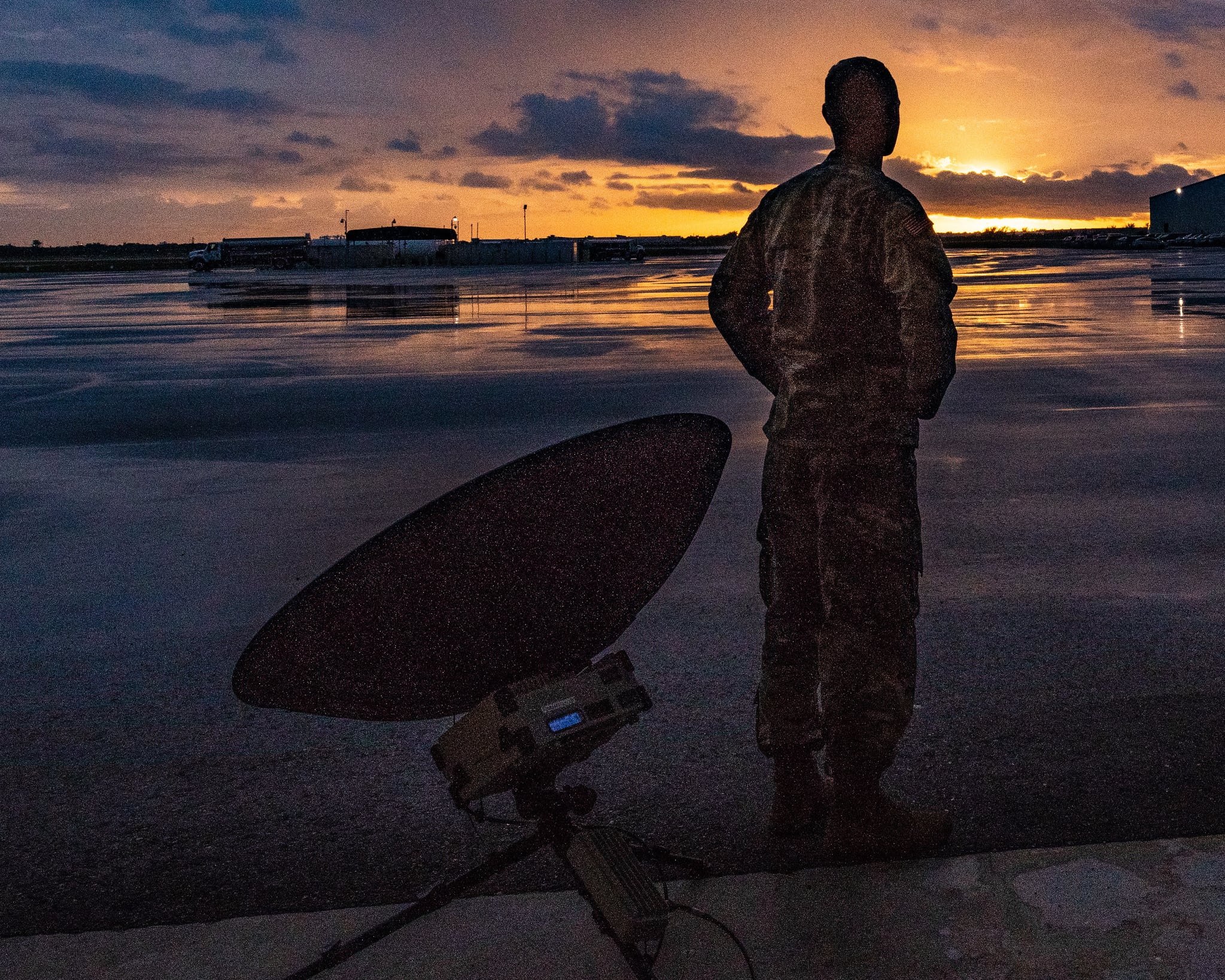Defense leaders are reviewing whether Guardsmen and reservists serving along the U.S. southern border should be able to count that service towards eligibility for education stipends and other veterans benefits, military officials told lawmakers on Wednesday.
The news came during a House Veterans’ Affairs hearing on benefits parity for part-time troops activated for roles alongside active-duty service members, an ongoing concern among veterans groups who have long complained that National Guard and military reserve members are often treated differently for their service.
The latest example of the problem comes from Operation Guardian Support, the National Guard mission to assist with southern border security that began before the controversial deployment of active-duty troops to the region last year.
RELATED

Thousands of guardsmen have been mobilized for the work, many of them from the Texas National Guard. But because of authorities used by the Defense Department, most of those troops are not accruing time for post-9/11 GI Bill eligibility.
“These men and women serving on the border are responding to a federal call to action made specifically by the Commander in Chief,” said Daniel Elkins, legislative director for the Enlisted Association of the National Guard of the United States.
“And still, the vast majority of these service members are unable to earn the same federal benefits as their active-duty counterparts, even though they are performing similar duties in similar locations.”
To qualify for any post-9/11 GI Bill benefits, individuals must have at least 90 days of aggregate active-duty service since September 2001. To receive full benefits — which include 36 months of in-state college tuition, a monthly living stipend and other payouts — individuals need three full years on active duty.
Advocates have lamented that the Defense Department in past overseas military humanitarian and support missions have used a variety of different mobilization authorities, not always warning the activated troops that their time serving won’t count towards veterans health and education benefits.
Lawmakers on the committee called that practice confusing and frustrating.
“(These troops) are now continuously utilized at home and around the globe,” said Rep. Mike Levin, D-Calif. and chairman of the committee’s panel on economic opportunity. “With this shift, it’s time we re-examine our policies and benefits.”
Maj. Gen. Dawne Deskins, director of manpower and personnel for the National Guard Bureau, testified that Pentagon officials have begun a formal review of the issue. She stopped short of criticizing the policy, but noted that “I feel that members who do similar work should receive similar benefits.”
RELATED
Catastrophic disasters could hit millions of Americans in the coming years. What can the Army do?
The average Army National Guard soldier serves on duty about 50 days a year, and the average Air National Guard member about 46 days. Reservists average more than 60 days a year. All of those figures are up in recent years, officials said.
Deskins said she has seen positive improvements in transition assistance programs for Guard members, but also said officials need to continue to find ways to improve benefits eligibility issues.
“Men and women join our ranks and continue to serve out of patriotism, a sense of duty, and love of country and community,” she said. “The benefits and entitlements provided to them as a result of their service are critical to retaining this all-volunteer fighting force.”
Military officials on the panel did not say when the review will be completed, or whether the decisions will apply retroactively or only to future service.
Leo covers Congress, Veterans Affairs and the White House for Military Times. He has covered Washington, D.C. since 2004, focusing on military personnel and veterans policies. His work has earned numerous honors, including a 2009 Polk award, a 2010 National Headliner Award, the IAVA Leadership in Journalism award and the VFW News Media award.





